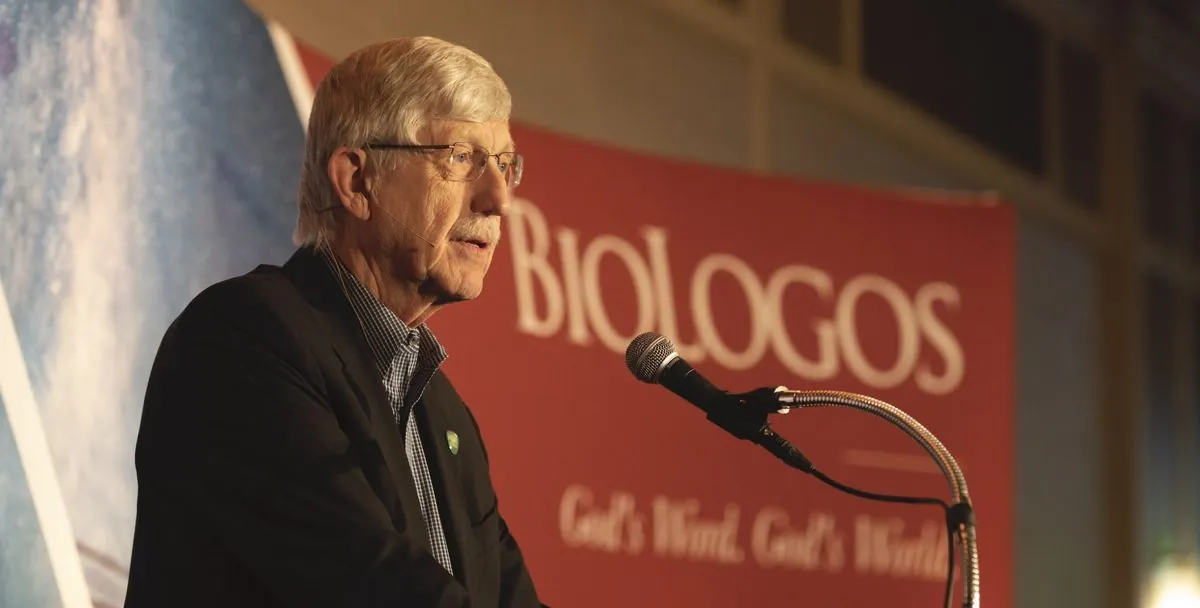Francis S. Collins, a prominent figure in American science, has penned a new book addressing the current state of mistrust and division in the United States. As the former director of the National Institutes of Health (NIH) under three presidents and the leader of the groundbreaking Human Genome Project, Collins brings a unique perspective to the table.
In "The Road to Wisdom," Collins explores four key themes: truth, science, faith, and trust. His work is motivated by the widespread misinformation that emerged during the COVID-19 pandemic, which he witnessed firsthand in his role at the NIH. The book aims to rebuild wisdom and good judgment in a society increasingly divided by conflicting information sources.
Collins' scientific credentials are impressive. He led the Human Genome Project, which successfully sequenced all human DNA by April 2003, and discovered the genetic basis of cystic fibrosis, a disorder affecting multiple organs. His tenure at the NIH, one of the world's foremost medical research centers, spanned from 2009 to 2021, placing him at the heart of America's public health establishment.
The author's approach to truth emphasizes the importance of facts and scientific evidence. He discusses the role of the internet in spreading conspiracy theories and the concept of "doing your own research," which gained popularity during the pandemic. Collins also touches on the impact of postmodernism on public discourse, a philosophical movement that emerged in the 1960s and has influenced various fields.
In addressing science, Collins shares experiences from his laboratory work and highlights the significant advancements in medical research. He also delves into pressing issues such as climate change and the potential impacts of artificial intelligence, a field of study founded in 1956.
The faith component of Collins' book reflects his unique position as both a scientist and a devout Christian. He argues that science can be viewed as a testament to Creation and expresses concern over fundamentalist interpretations of the Bible that conflict with scientific findings.
Trust, perhaps the most challenging theme, is explored in the context of declining faith in American institutions, a trend observed since the 1960s. Collins acknowledges the difficulty in rebuilding trust when society is fragmented and information sources often prioritize fear and division over consensus.
"A study by the Kaiser Family Foundation estimates that 230,000 Americans died of COVID-19 between June 2021 and April 2022 due to vaccine avoidance and risky behavior stemming from misinformation."
This statistic, four times the number of American combat deaths in Vietnam, underscores the real-world consequences of the trust crisis Collins seeks to address.
While Collins' book offers valuable insights, it may not fully address the complex political factors that shape beliefs and trust. His involvement with Braver Angels, an organization promoting political depolarization, suggests an awareness of these challenges, but the book could benefit from a deeper exploration of this work.
As America continues to grapple with division and mistrust, Collins' "The Road to Wisdom" provides a scientific perspective on rebuilding consensus and fostering better judgment. However, the path forward may require more than just a focus on truth, science, faith, and trust – it may demand a nuanced understanding of the political landscape that shapes these very concepts.
